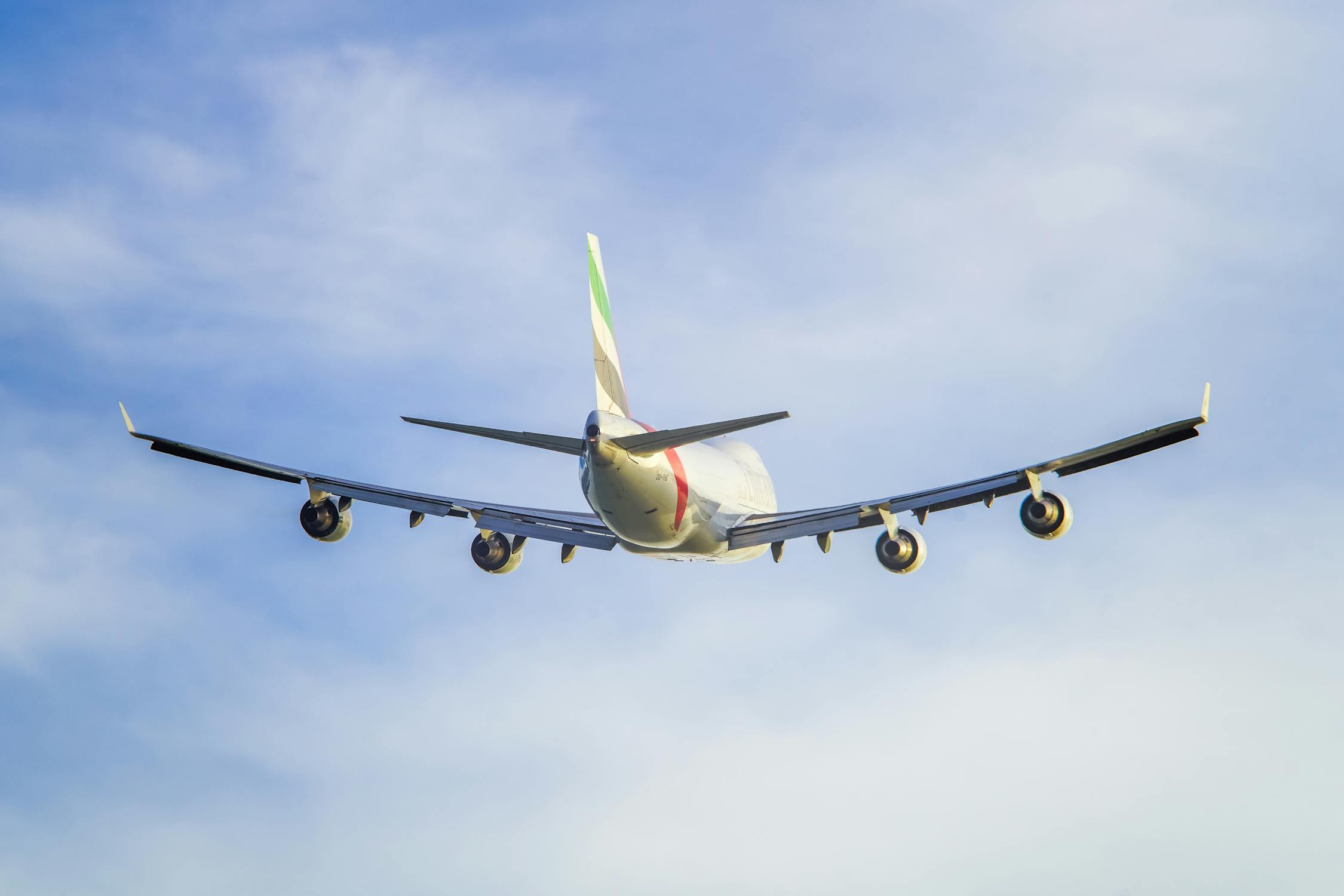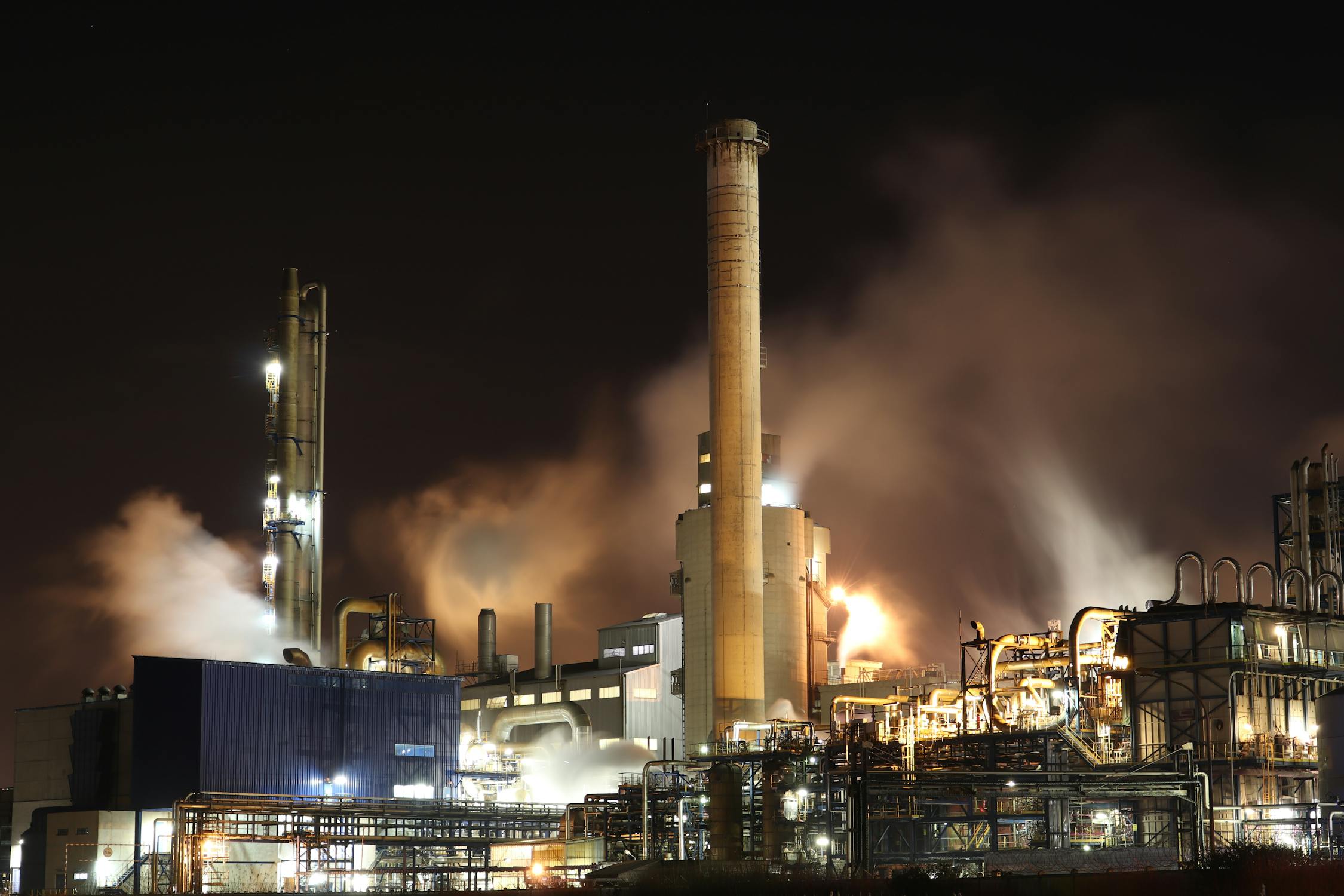Delta Airlines Attempted to Get Into the Oil Industry

Airlines and Fossil Fuels
The airline industry depends heavily on affordable and accessible fossil fuels. Jet fuel costs are among the largest, yet most variable expenses for the airline industry. According to data from the U.S. Department of Transportation, about 15 to 20 percent of an airline’s total expenses can be attributed to fuel. Moreover, the U.S. Bureau of Transportation Statistics reports that in July 2019 alone, U.S. airlines spent just over three billion dollars on fuel purchases. Surprisingly, that figure is nine percent lower than the cost of fuel from just one year prior. As a result of the lower cost of fuel, airlines have been to pass along fare reductions for American consumers. While a persistently robust demand for air travel preceding the arrival of the coronavirus pandemic helped airlines rake in near record profits, the overall profit margins were still extraordinarily low when compared to other industries. For example, the total profit margin in 2018 was only 9.2 percent for U.S. airlines (Stalnaker, 2019). In an effort to increase profit margins, many airlines have made bold moves to cut costs. However, none of these moves have been quite as bold as the Delta Airlines venture that targeted the fossil fuel industry.
Managing an airline is an extremely challenging business. With low profit margins, a plethora of federal regulations, and numerous competitors vying for the same customers, the airline industry has long been plagued by frequent bankruptcies, mergers, and an abundance of cost-cutting strategies. There are few industries around the world that are hit harder by fuel costs than the airline industry. While airlines currently allocate around 15 to 20 percent of their budgets to purchase jet fuel, airlines were spending close to 40 percent of their budgets on jet fuel in 2012 (Hargreaves, 2012). In 2012, the International Air Transport Association reported that that global airline fuel bill had risen by $417 billion, which is representative of a $40 billion price increase when compared to 2011 jet fuel costs (Mouawad, 2012). As jet fuel prices were hovering around record highs, Delta Airlines executives decided that it was time to take matters into their own hands.

Delta Airlines Makes a Bet
In 2012, Delta Airlines made a shocking leap into the fossil fuel industry by purchasing an oil refinery just outside of Philadelphia, Pennsylvania. At an airline industry conference shortly after the purchase, Delta Airlines CEO Ed Bastian said that, “A lot of energy guys hate it, and I can understand why, because we’re taking money out of their pockets” (Krauss & Chokshi, 2020). The plan was relatively simple. Delta Airlines had planned to purchase an oil refinery, which would take out one of the middlemen in their jet fuel purchases. Therefore, Delta Airlines spent $150 million to purchase the Trainer oil refinery from Phillips 66 (O’Toole, 2012). Although, the purchase would ultimately cost Delta Airlines $250 million because the airline spent an additional $100 million on efforts to modify the refinery’s existing operations to maximize the production of jet fuel.
The former executive chairman of the Delta Airlines Board of Directors, Richard Anderson, highlighted the purchase of the Trainer oil refinery as an innovative opportunity to better manage the company’s fuel expenses. Anderson said, “This modest investment, the equivalent of the list price of a new widebody aircraft, will allow Delta to reduce its fuel expense by $300 million annually and ensure jet fuel availability in the Northeast” (O’Toole, 2012). In addition to the notion of being able to reduce fuel costs in the future, Delta Airlines executives were thrilled at the deal that they had secured for the oil refinery. At the time of the purchase, an energy analyst with the Oil Price Information Service highlighted that the value of the Trainer oil refinery may have been worth up to 10 times the $150 million price tag just five years earlier at the height of the American oil refining boom (Hargreaves, 2012).

Extraordinary Value or Risky Gamble?
While Delta Airlines executives were thrilled at the perceived value of their oil refinery purchase, some energy analysts were perplexed by the decision. One of the reasons that Phillips 66 (a spinoff of the larger Conoco Phillips oil company) had decided to sell the Trainer oil refinery was because of the fact that the company found the facility to no longer be a profitable asset. If Phillips 66, an experienced multinational energy company with nearly 15,000 employees, found it challenging to make a profit at the Trainer oil refinery, how would Delta Airlines be able to successfully reconfigure the economics in a favorable manner?
Kevin Waguespack is the vice president of the Baker & O’Brien energy consultancy. In an interview with CNN shortly after Delta Airlines made the plunge into the fossil fuel industry, Waguespack questioned how the airline would profitably convert an old facility into a money-making enterprise. He said, “Plants shut for a reason, and it’s not usually the incompetence of their owner. How can Delta do any better than a large, sophisticated refiner like Phillips 66?” (Hargreaves, 2012). One of the issues with the Trainer oil refinery is the fact that it was only designed to be able to refine a certain type of crude oil, which happens to be among the most expensive in the world. Even with the $100 million investment to convert much of the refining operations over to jet fuel production, the plant would continuously require expensive inputs of crude oil.
Running a successful business in the airline industry can be complex. However, owning and operating an aging oil refinery can be even more of challenge. While many energy analysts have pointed out the great risk taken on by Delta Airlines, others have highlighted the potential for a great reward as well. According to filings made to the Securities and Exchange Commission, Delta Airlines said that about $2.2 billion of its 2011 jet fuel bill can be attributed to fossil fuel producer markups in the cost of the fuel. With control over an oil refinery, the airline was hoping to take back control over the size of the annual fuel markup. However, even after Delta Airlines pays to convert a significant portion of the Trainer oil refinery’s operations to focus on jet fuel production, only 32 percent of the oil that passes through the refining facility would be able to be refined into jet fuel (Hargreaves, 2012). The rest of each barrel of oil would be refined into gasoline and other petroleum products, which would then be traded with BP and Phillips 66 for jet fuel.

Collapsing Oil Prices
Over eight years since Delta Airlines made the gamble on the purchase of the Trainer oil refinery, the fossil fuel industry is much different than it was back in 2012. Oil prices have collapsed. Even before the oil price collapse of 2020, the world was experiencing an extended period of an oil supply glut. Airlines are no longer spending nearly one half of their budgets on jet fuel. Given the dramatic shift in the fossil fuel industry, how has Delta Airlines fared on its oil refining bet? For a number of years since the purchase of the oil refinery, Delta Airlines has been recognized as the nation’s most profitable airline. Although, energy analysts and airline industry experts say that the venture into the oil industry has little to do with airline’s rise in profitability. In 2018, energy economics professor Ed Hirs at the University of Houston put it bluntly. He said, “It was a boneheaded decision six years ago to buy it. And they are still paying for it. It is going to be tough to sell a refinery that has faced closure several times due to bad economics” (Reed, 2018).
Delta Airlines has experienced mixed results with the purchase of its oil refinery. In the recent years following the acquisition, the airline struggled to make a profit. In 2012, the refinery lost $63 million, which was followed by a $115 million loss in 2013 (Reed, 2018). In 2014, the airline was able to take in modest profits. Profits were also achieved in 2015, just shy of the $300 million that had been forecasted. However, in the years since then, the refinery has proven to be less lucrative. Beginning in 2016, the profits on jet fuel production nearly became nonexistent. The situation has become even worse since then. As the economics of the oil industry began to change, executives with the airline began to question why they still owned an oil refinery. Surprisingly, even with an oil refinery in its possession, Delta Airlines has been unable to close the gap between what it pays for fuel and price that American Airlines, United Airlines, and Southwest Airlines have been paying for fuel.

Struggling to Find a Path Forward
In 2016, Delta Airlines contracted with a fossil fuel consultant to help identify how to turnaround the economic situation with the oil refinery. The consultant ultimately conveyed that the refinery should shift away from jet fuel production and instead move towards gasoline and diesel production. This move helped to quell some of the financial losses, but has not provided the income that the airline was hoping to achieve. In 2018, Delta Airlines hired Jefferies Financial Group and Barclays Investment Bank to find a potential business partner to help absorb some of the costs associated with the oil refinery. Even if Delta Airlines is able to find a partner, many industry analysts say that the long-term outlook does not appear to be favorable.
Over the years, economists have argued that a commoditized business such as an airline should not attempt to purchase another commoditized business. These moves tend to have an adverse impact on profit growth. As both the fossil fuel industry and the airline industry have collapsed as a result of the coronavirus pandemic, Delta Airlines has taken a massive financial hit from its traditional airline operations and its oil refinery. Airline experts now view the oil refinery as a significant financial liability. As part of the company’s July 2020 quarterly earnings report, Delta Airlines Chief Financial Officer Paul Jacobson said that all options were being explored with regards to the future of the Trainer oil refinery. In the second quarter of the year, the facility took on a loss of $114 million (Sanicola, 2020).
While the vision to combat excess jet fuel costs originally seemed promising, Delta Airlines is struggling to find a path forward with its Trainer oil refinery. Two years after bankers from Jefferies Financial Group and Barclays Investment Bank were hired, a joint business partner has yet to be found. As part of the quarterly earnings report, Paul Jacobson said that the airline has no intention to cease production of its 185,000 barrel-per-day oil operations. Some analysts have questioned why Delta Airlines would continue to keep the refinery operational, given that it lost $114 million in a single quarter. With increasing headwinds in the fossil fuel industry, it’s clear that Delta Airlines may continue to struggle with its fossil fuel venture in the near future.
Sources
Hargreaves, S. (2012). “Airlines seek to slash fuel costs.” CNN Money.
Hargreaves, S. (2012). “Delta’s risky oil refinery bet.” CNN Money.
Krauss, C., and Chokshi, N. (2020). “Delta Air Lines Bought an Oil Refinery. It Didn’t Go as Planned.” The New York Times.
O’Toole, J. (2012). “Delta to buy oil refinery.” CNN Money.
Levine-Weinberg, A. (2019). “Delta Air Lines’ Oil Refinery Just Became Way More Valuable.” The Motley Fool.
Mouawad, J. (2012). “Refinery Gets a Look From Delta, Perplexing Analysts.” The New York Times.
Reed, D. (2018). “Delta Belatedly Is Facing Up To Its One Big Mistake: Investing In An Oil Refinery.” Forbes.
Sanicola, L. (2020). “Delta Airlines exploring ‘all options’ for Trainer refinery.” Reuters.
Stalnaker, T. (2019). “Margins Are Tightening For US Airlines As Capacity Growth Keeps Outpacing GDP.” Forbes.



